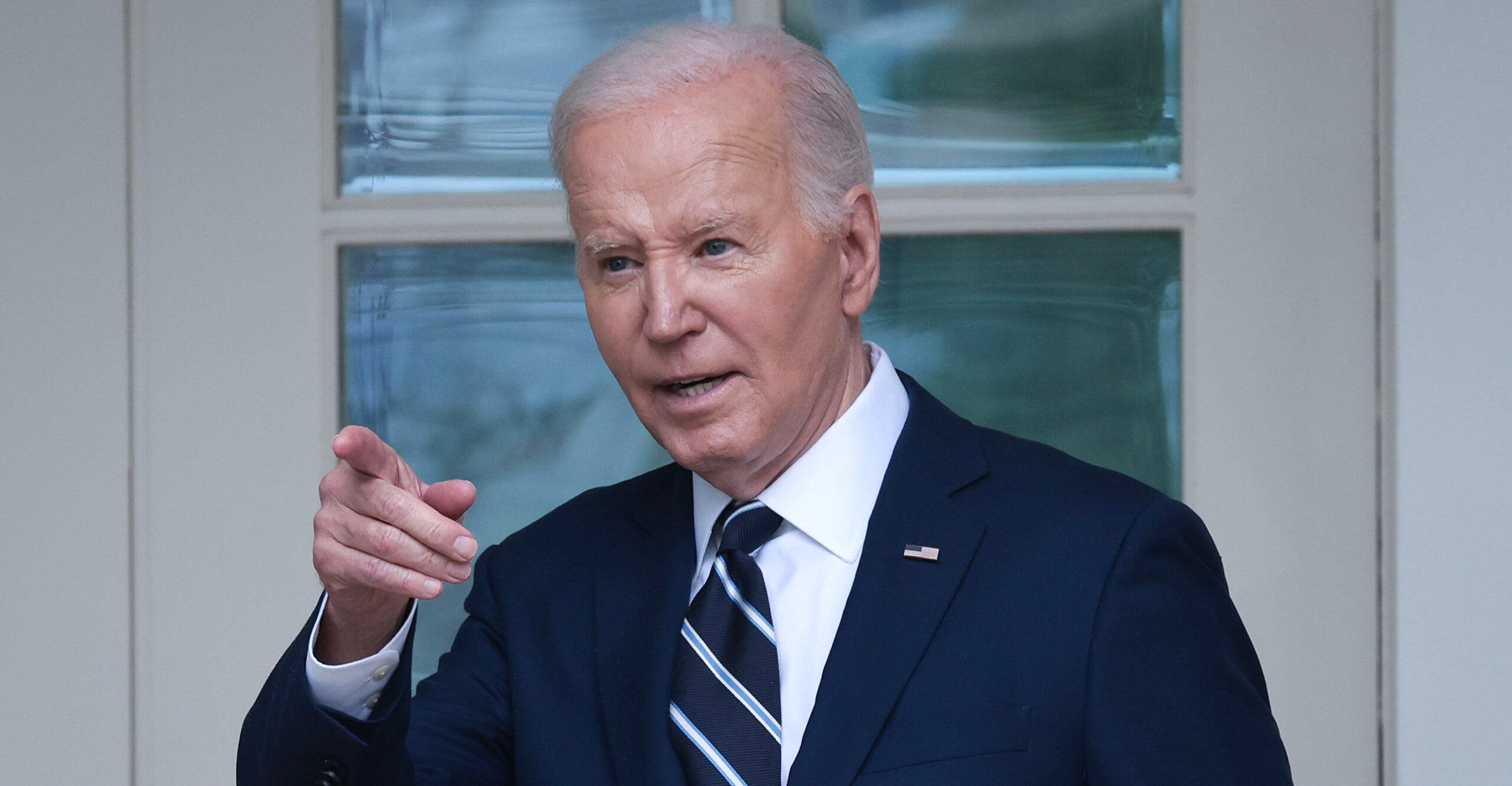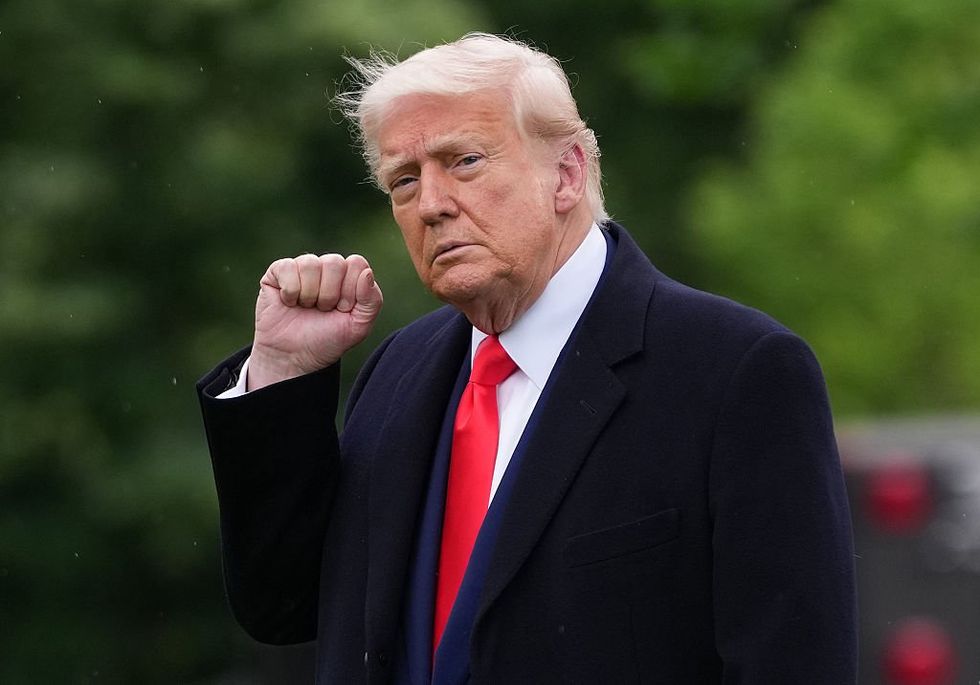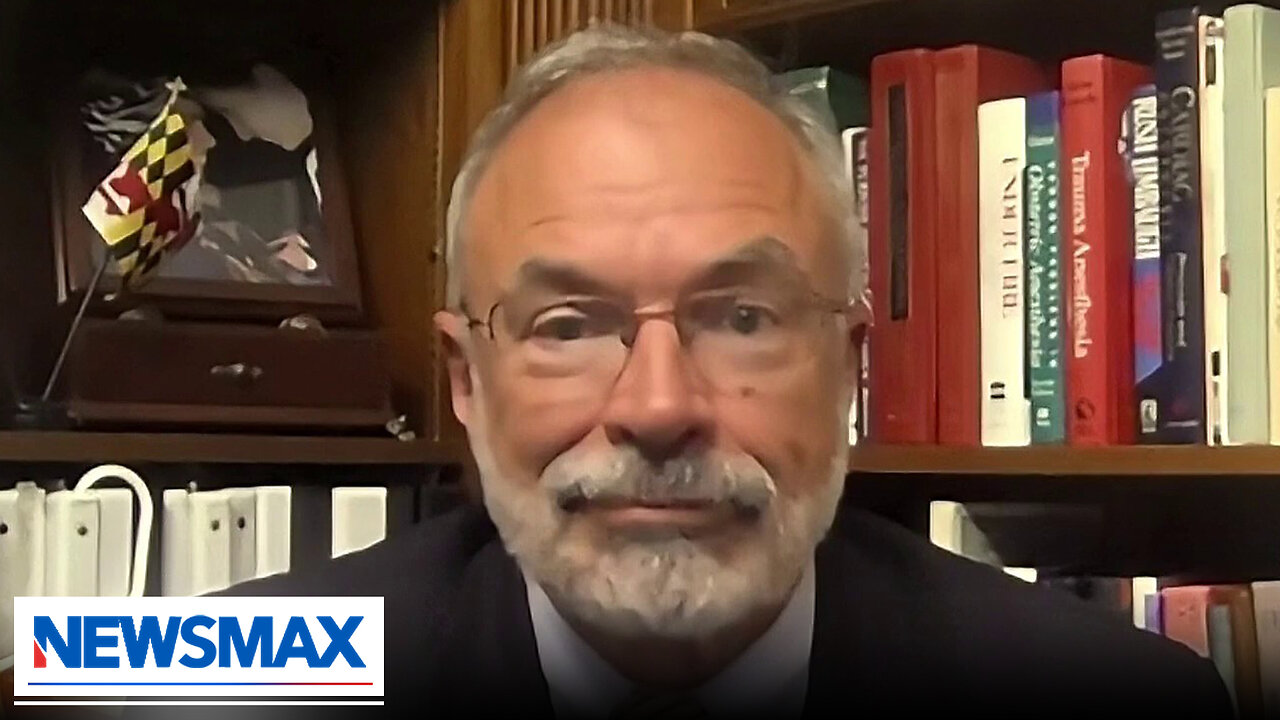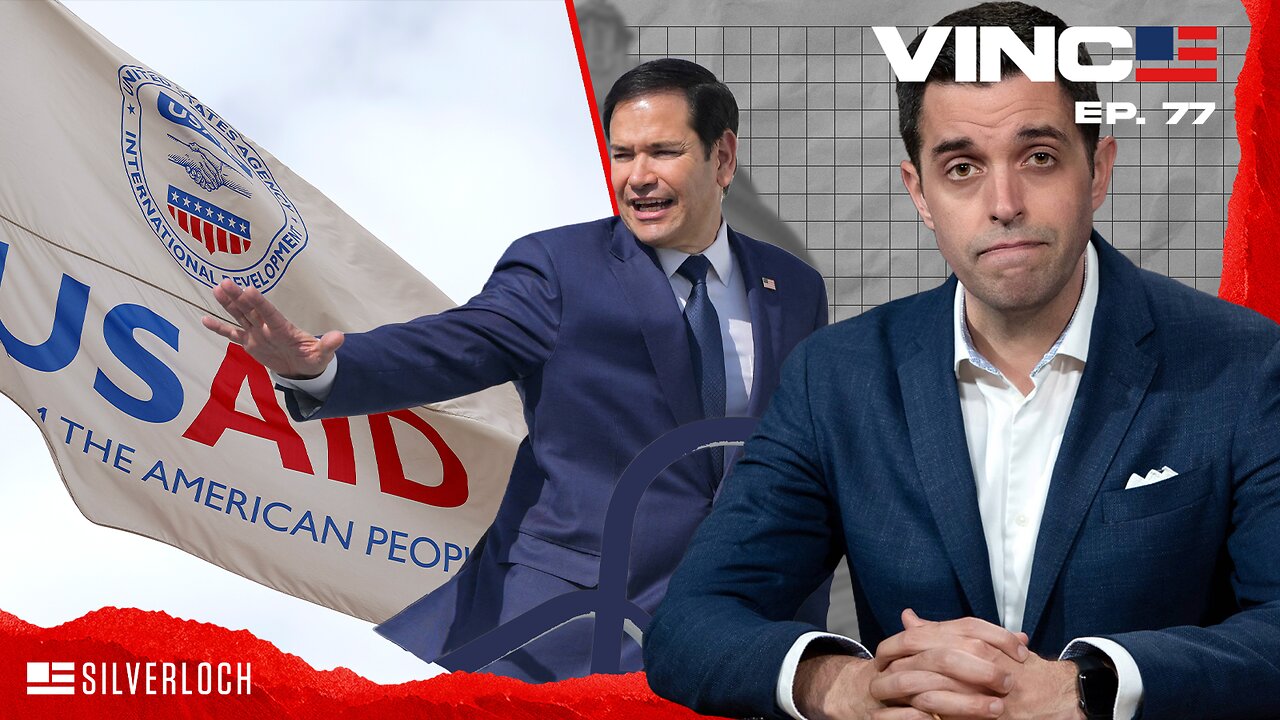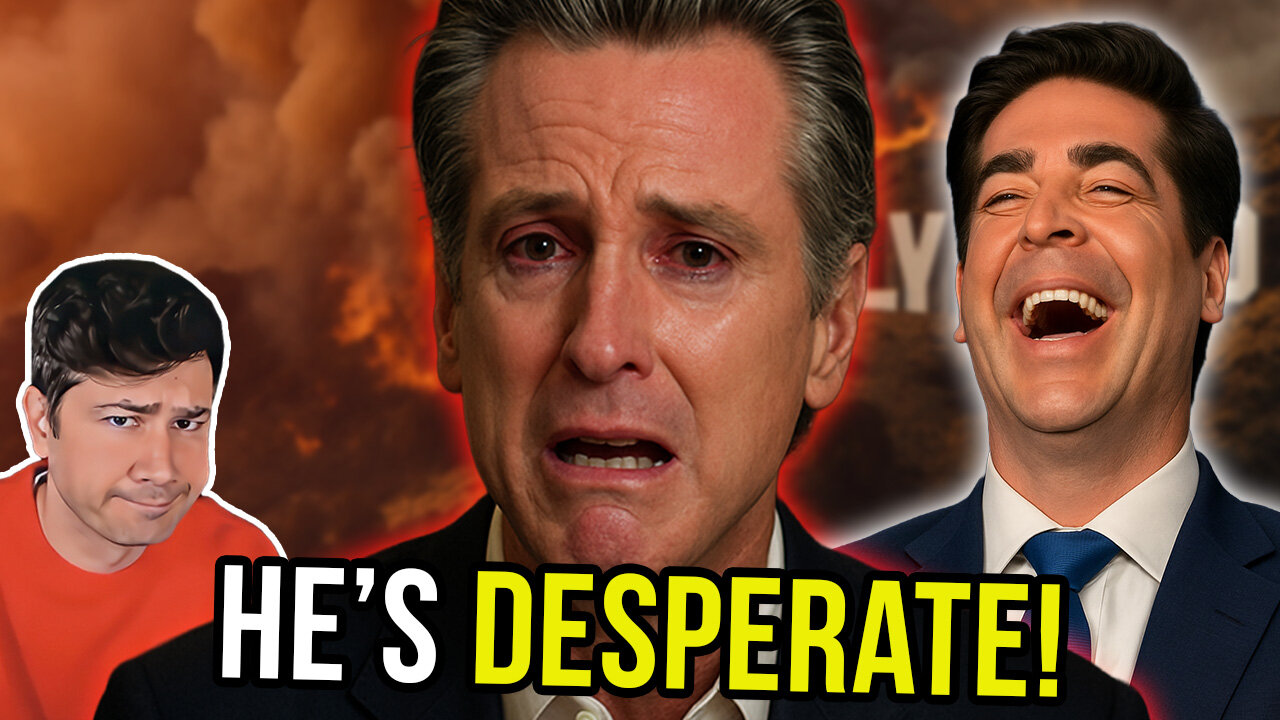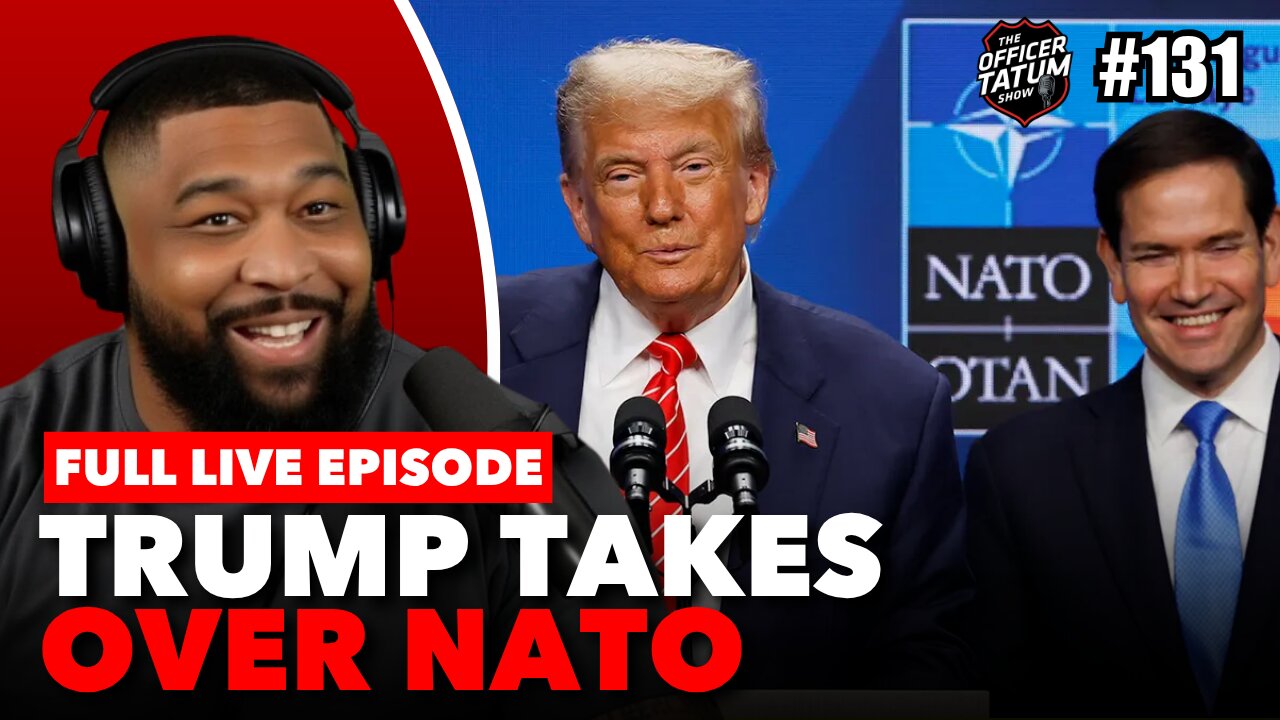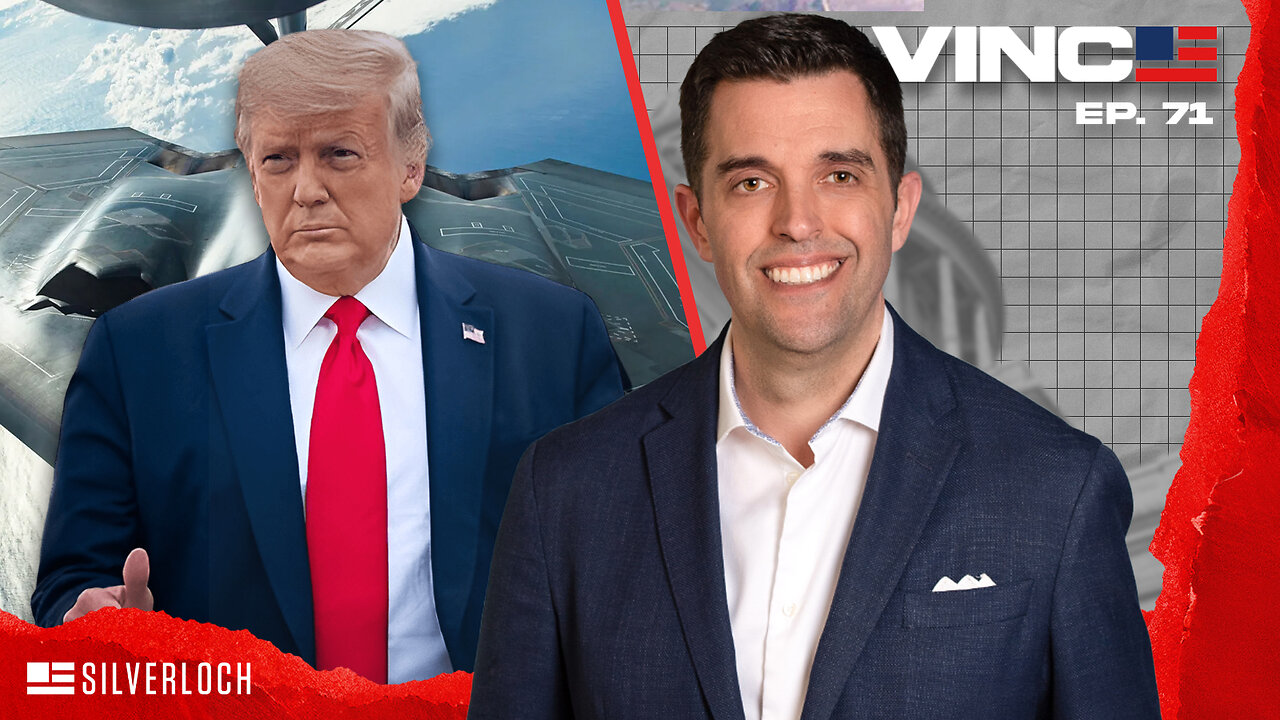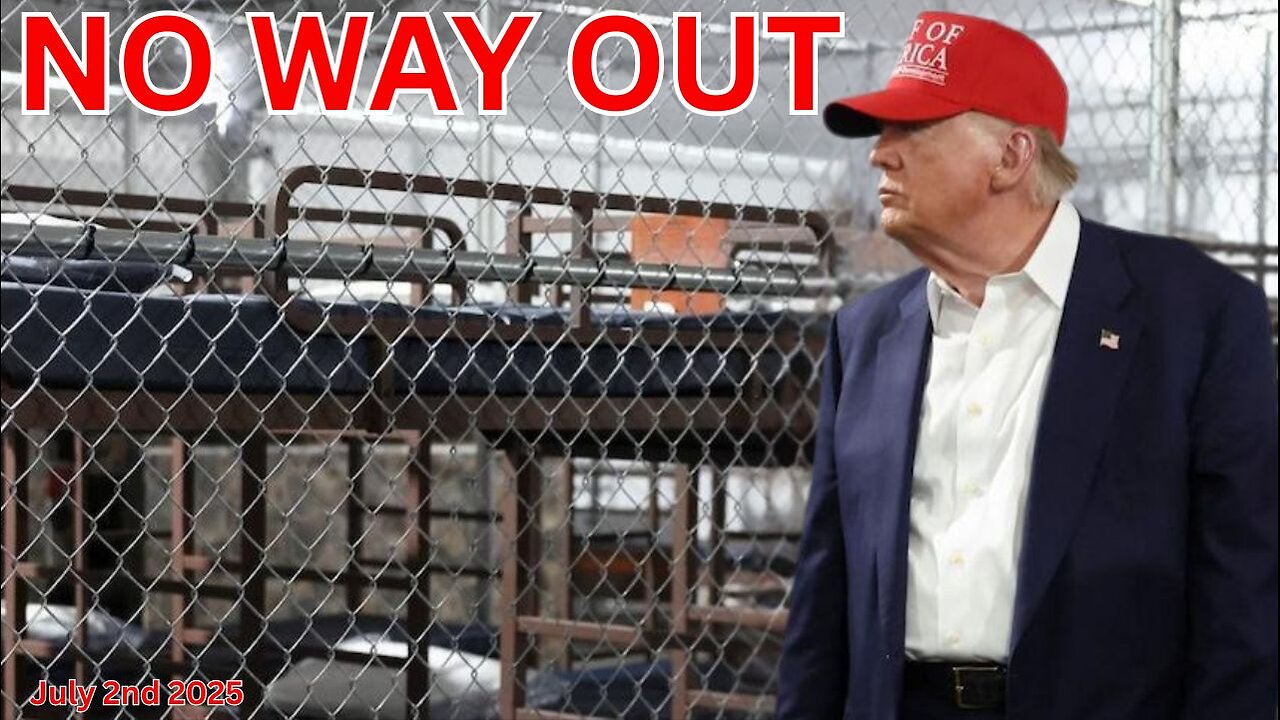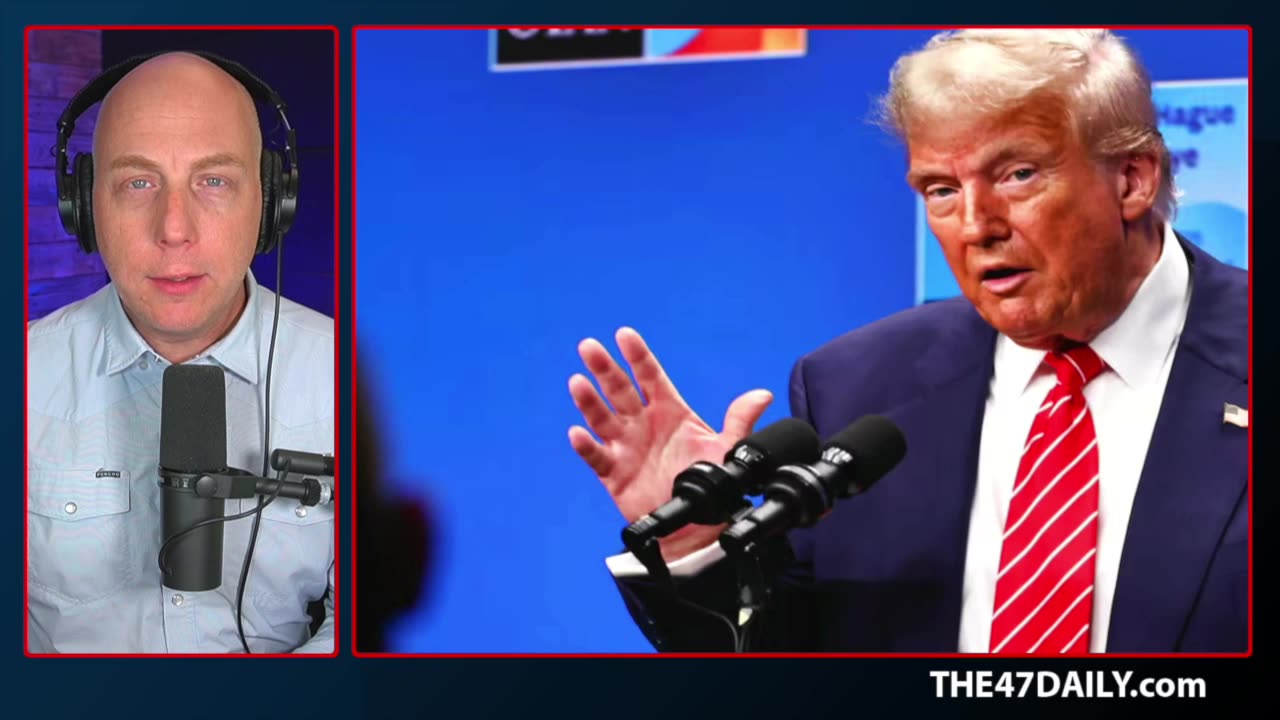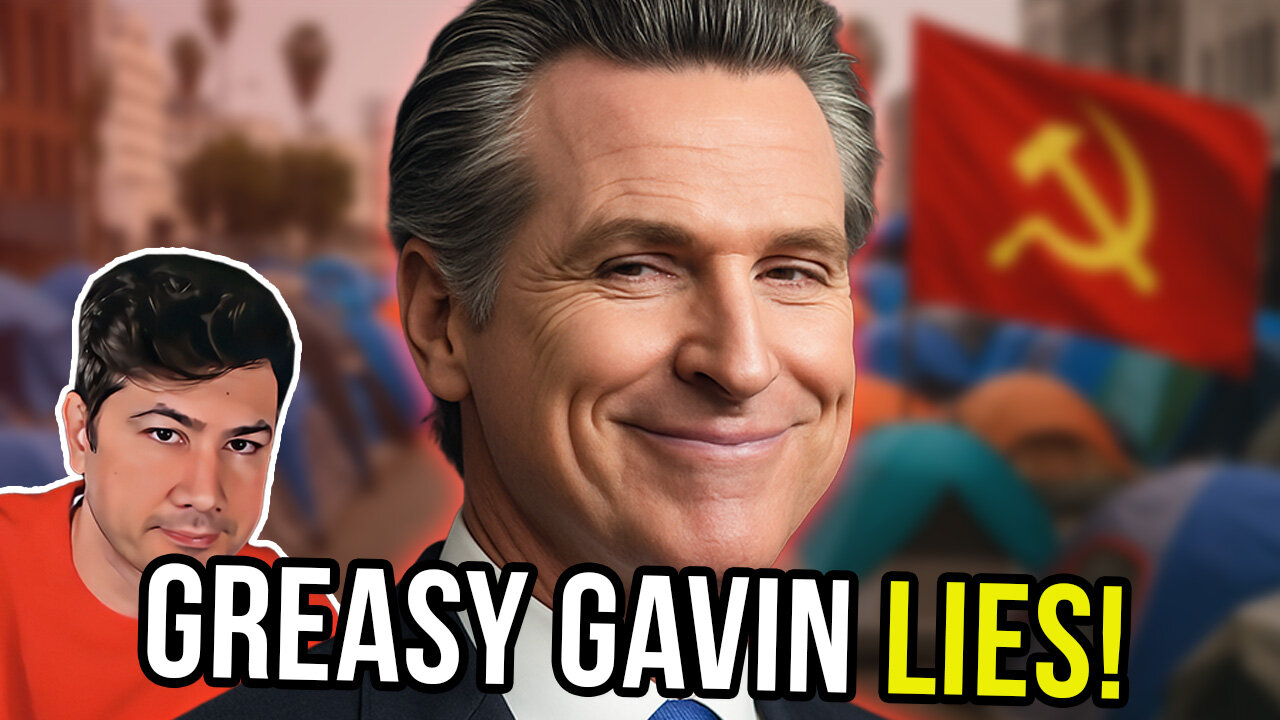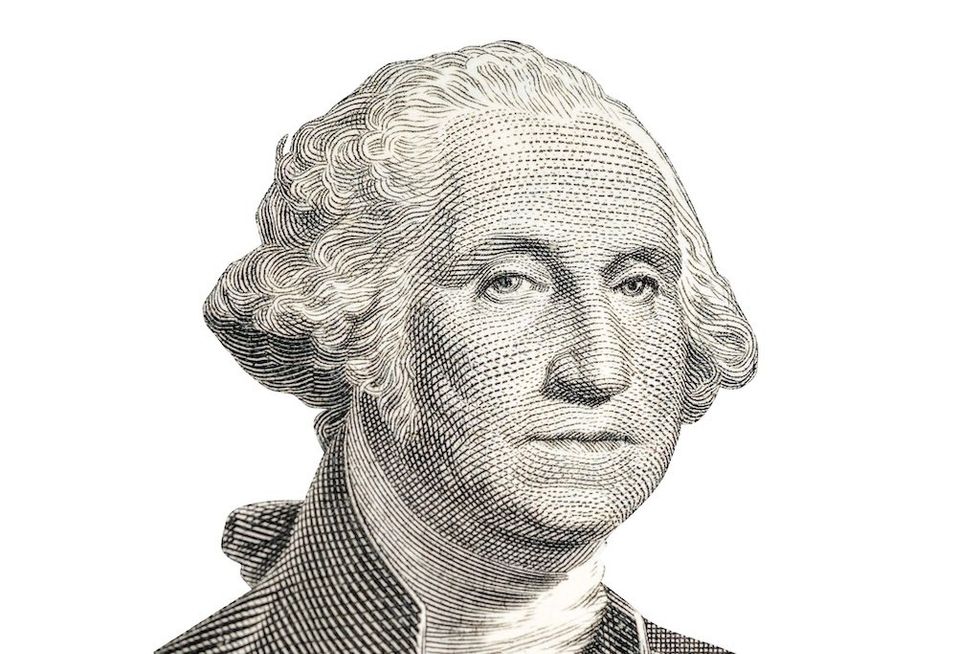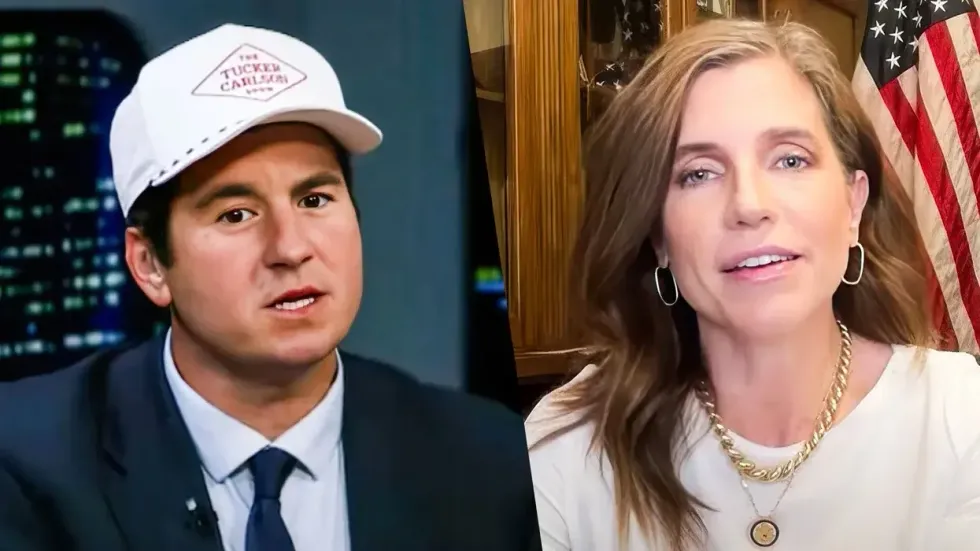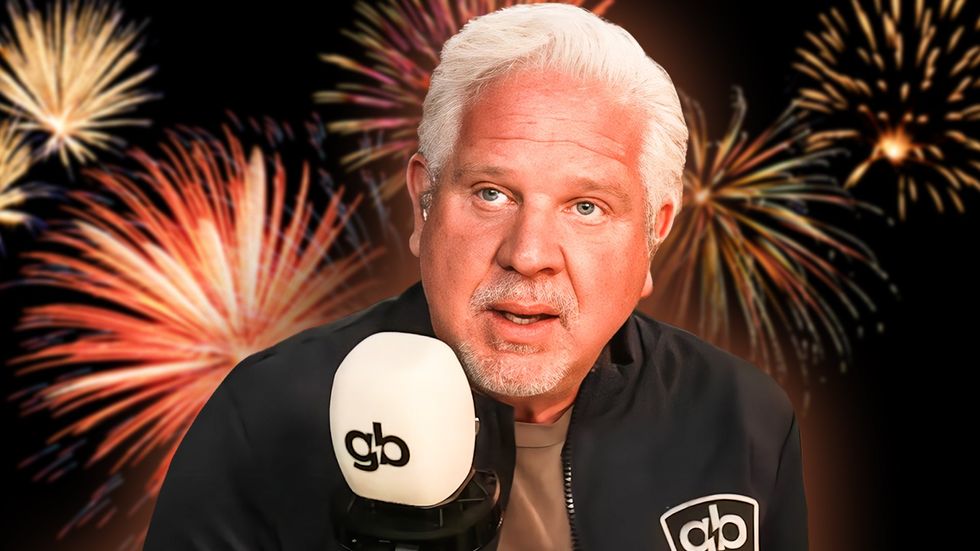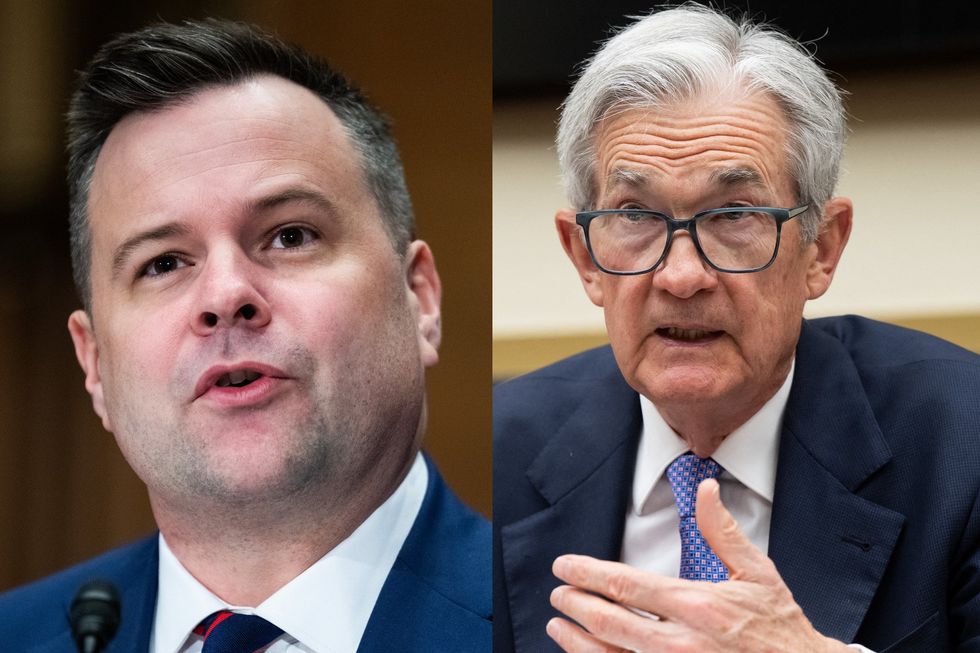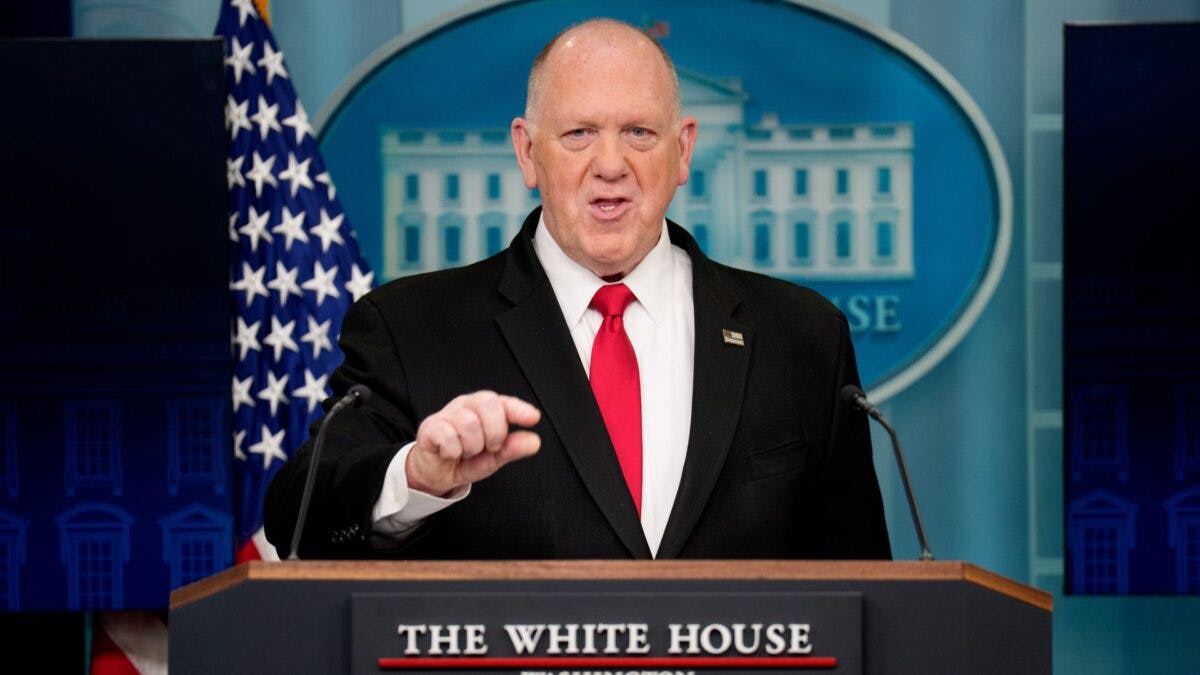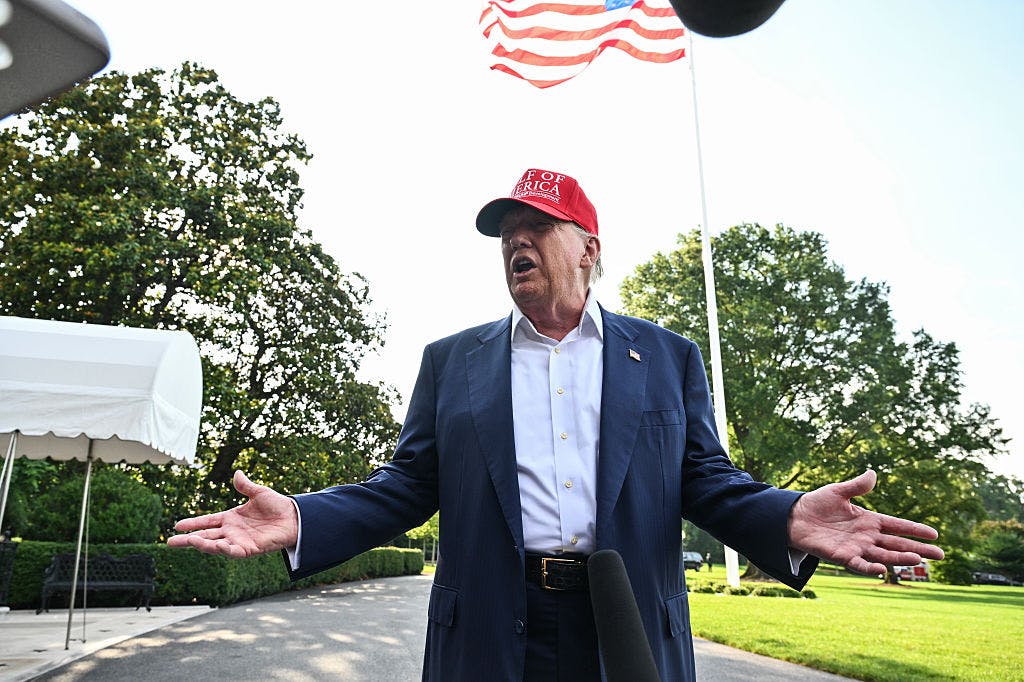Trump prepares to axe EV tax credits — and even Elon Musk agrees
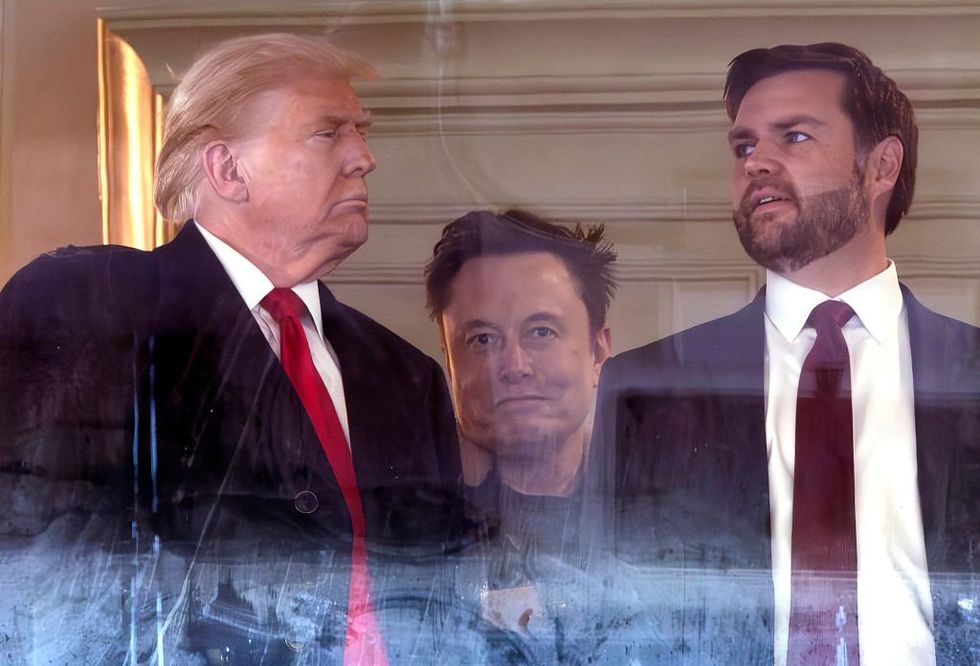
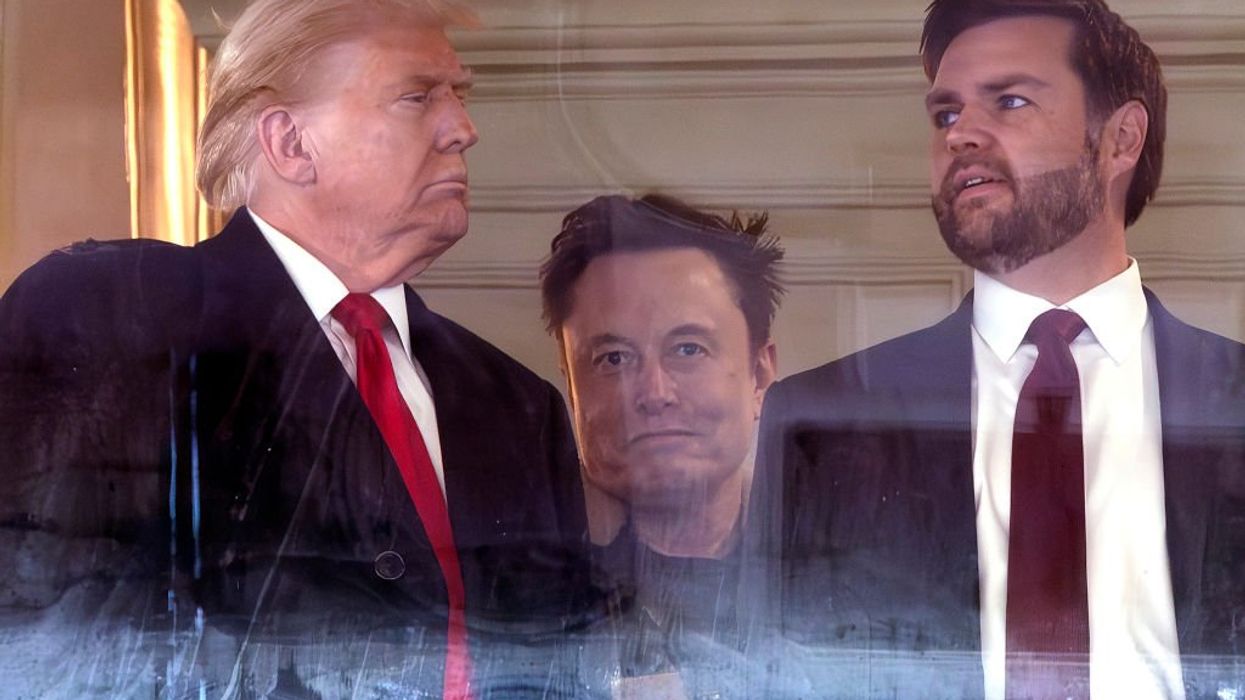
Trump wants to put the EV tax credit on the chopping block — and even Elon Musk agrees.
President-elect Trump's transition team has pledged to eliminate the credit for electric vehicle buyers — worth up to $7,500 for new EVs and $4,000 for used.
Just a reminder that this is also the legislation that brought us the kill switch, speed limiters, and the ban on motorhome sales.
This was meant to encourage a broad transition from internal combustion engines to electric drivetrains by lowering the net retail price of electric vehicles for American consumers.
But what's often overlooked is that the credit depends on what you already owe in federal taxes. Only those with a $7,500 or higher tax bill get the full credit, while lower-income households don't qualify for it at all.
It reminds me Obama's Cash for Clunkers program — an incentive aimed at the average driver that mainly ends up helping the wealthy.
While the average American won't notice if the tax credit goes away, car manufacturers certainly will — and that includes Musk's company, Tesla. Earlier this year, Musk admitted as much. Shares of Tesla fell more than 5% after the news first broke.
But Musk also knows that ending the credit could hurt his competitors more. Shares in close rival Rivian were down more than 14% this week. Legacy car companies, all of which have invested heavily in EV, also stand to lose big.
The Alliance for Automotive Innovation, a trade group representing nearly all major automakers beside Tesla, last month urged Congress to retain the EV tax credits, calling them "critical to cementing the U.S. as a global leader in the future of automotive technology and manufacturing."
Introduced as part of President Biden's Inflation Reduction Act of 2022, the credits are restricted to vehicles that meet a variety of technical requirements, including assembly location and materials sourcing. They're also limited to vehicles that cost less than $80,000 and can be claimed only by households making less than $300,000 per year.
Just a reminder that this is also the legislation that brought us the kill switch, speed limiters, and the ban on motorhome sales.
According to Reuters, the Trump transition team members discussing the elimination of the tax credit include billionaire oilman Harold Hamm and North Dakota Governor Doug Burgum, who has close ties to the oil and gas industry.
The president-elect has promised to boost U.S. oil production even as it has hit record highs and to roll back President Biden’s costly clean energy initiatives, which in addition to the EV credit include subsidies for wind and solar power, and the mass production of hydrogen.
Some of the clean energy programs in the Inflation Reduction Act will be tough to roll back, as they've already started allocating money to Republican-dominated states, where they are popular.
Still, the savings from cutting the EV credits alone could help pay for extending the trillions of dollars of tax cuts made during the first Trump administration. These cuts are set to expire next year.
With a Republican-controlled Congress, axing the EV credits should be an easy win for Trump — and a big blow to Biden's EV mandate. Both American car makers and consumers should be hoping this is only the beginning.
Originally Published at Daily Wire, Daily Signal, or The Blaze
What's Your Reaction?
 Like
0
Like
0
 Dislike
0
Dislike
0
 Love
0
Love
0
 Funny
0
Funny
0
 Angry
0
Angry
0
 Sad
0
Sad
0
 Wow
0
Wow
0
